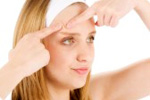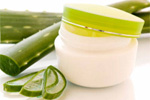Men's Health
Male Enhancement, How to Get an Erection, Increase Sperm Volume, Penis Enlargement, Premature Ejaculation, ...All Men's Health Men's Health
Women's Health
Breast Enhancement, Female Libido Enhancement, Female Sexual Arousal, ...All Women's Health Women's Health
Acne & Skin Care
Acne Treatment, Boils Treatment, Rosacea Treatment, Skin Pigmentation, Stretch Marks, Varicose Veins, ...All Acne & Skin Care Acne & Skin Care
Digestive & Urinary Systems
Constipation, Diarrhea, Hemorrhoid, Irritable Bowel Syndrome, Sensitive Digestion, ...All Digestive & Urinary Systems Digestive & Urinary Systems
Weight Loss
Blocking Carbs and Fat, Body Detoxification, Boost Metabolism, Fat Burning, Increase Energy Levels, Obesity Treatment, Suppressing AppetiteSports and Fitness
Improve Sports Performance, Increase Endurance, Increase Strength, Muscle Building Supplements, Muscle Recovery, Weight Gainers, Workout IntensityMental Health & Neurology
Anxiety, Bad Mood, Chronic Fatigue Syndrome, Depression, Insomnia, Memory Loss, Neuropathy, Obsessive-Compulsive Disorder, Stress, ...All Mental Health & Neurology Mental Health & Neurology
Beauty & Well-being
Bad Breath, Brittle Nails, Eyelash Growth, Gray Hair, Hair Removal, Nail Fungus, Teeth Whitening, Tattoo RemovalAdd to Bookmarks
Guide to Choosing an Acne Treatment
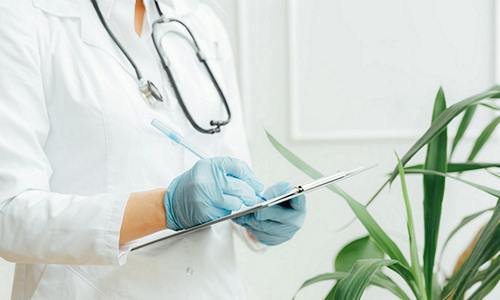 When you seek for a good acne treatment, you usually want to find a really working and not very expensive product. But nowadays market is so overfull that it may seem impossible to find your acne treatment.
When you seek for a good acne treatment, you usually want to find a really working and not very expensive product. But nowadays market is so overfull that it may seem impossible to find your acne treatment.Here's a comprehensive guide to help individuals choose the right acne treatment tailored to their specific needs and preferences.
Understanding Acne: Breaking Down the Basics
Acne, often regarded as the bane of many adolescents' and adults' existence, is a skin condition that affects millions worldwide. At its core, acne is the result of the interplay between excess oil production, clogged pores, bacteria, and inflammation.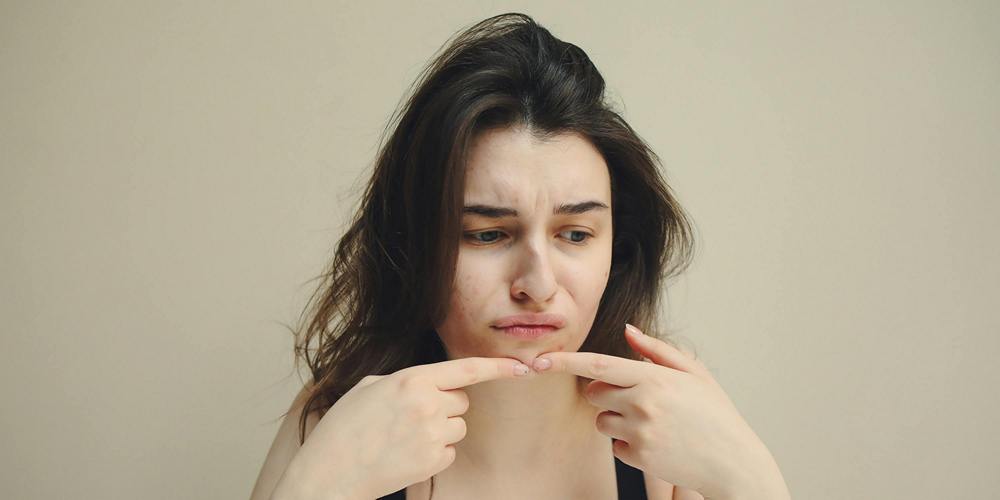
According to Cleveland Clinic:
Understanding the basics of acne is crucial for effectively managing and treating this common skin concern.
The Root Cause
Acne typically begins during puberty when hormonal changes trigger the sebaceous glands to produce more oil (sebum). This excess oil, combined with dead skin cells, can clog hair follicles, leading to the formation of pimples. However, acne isn't limited to adolescents; it can affect individuals of all ages due to factors such as genetics, hormonal fluctuations, stress, and certain medications.Types of Acne
Acne manifests in various forms, each with its own characteristics and treatment approaches. Common types include:- Whiteheads: Closed comedones that appear as small, flesh-colored bumps beneath the skin's surface.
- Blackheads: Open comedones characterized by dark spots caused by oxidized melanin and debris trapped in the pore.
- Papules and Pustules: Inflamed lesions that present as red, tender bumps (papules) or pus-filled pimples (pustules).
- Nodules and Cysts: Deeper, more severe lesions that can be painful and may lead to scarring if not treated promptly.
Contributing Factors
While hormones and genetics play significant roles in acne development, other factors can exacerbate the condition. These include:- Diet: High glycemic index foods and dairy products have been linked to increased acne severity in some individuals.
- Stress: Emotional stress can trigger hormonal fluctuations that worsen acne breakouts.
- Skincare Products: Certain cosmetics and skincare products containing pore-clogging ingredients can contribute to acne formation.
Types of Acne Treatments: Exploring Your Options
When it comes to combating acne, the skincare market offers a plethora of treatment options, ranging from over-the-counter remedies to prescription medications and professional procedures.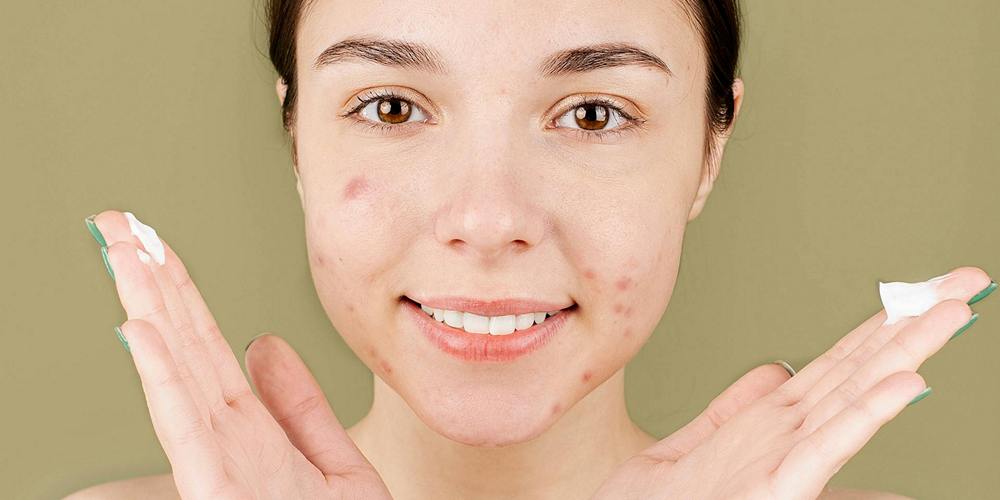
According to American Academy of Dermatology:
Understanding the different types of acne treatments available is essential for devising an effective skincare regimen tailored to individual needs.
Topical Treatments
These formulations are applied directly to the skin's surface and are typically the first line of defense against mild to moderate acne. Common topical treatments include:- Benzoyl Peroxide: A powerful antimicrobial agent that works by killing acne-causing bacteria and reducing inflammation.
- Salicylic Acid: A beta-hydroxy acid (BHA) that exfoliates the skin, unclogs pores, and reduces inflammation.
- Retinoids: Derivatives of vitamin A that promote cell turnover, prevent pore blockages, and reduce acne lesions.
Oral Medications
For moderate to severe cases of acne, oral medications may be prescribed by a dermatologist to target acne from within. These include:- Antibiotics: Oral antibiotics such as doxycycline and minocycline are used to reduce inflammation and control bacterial growth.
- Hormonal Therapy: Birth control pills containing estrogen and progesterone can regulate hormone levels and improve acne in women.
- Isotretinoin: Also known as Accutane, isotretinoin is a powerful oral retinoid used to treat severe acne that hasn't responded to other treatments.
Procedural Interventions
In-office procedures performed by dermatologists can provide targeted treatment for stubborn acne lesions and scarring. Some common procedural interventions include:- Chemical Peels: Solutions containing exfoliating agents like glycolic acid or salicylic acid are applied to the skin to remove dead cells and unclog pores.
- Laser Therapy: Various laser and light-based devices are used to target acne-causing bacteria, reduce inflammation, and promote collagen production for smoother skin.
- Extraction: Dermatologists may perform manual extraction of blackheads and whiteheads using specialized tools to clear pores and prevent further breakouts.
Factors to Consider When Choosing an Acne Treatment
Selecting the right acne treatment involves considering various factors, including individual skin type, the severity of acne, and any sensitivities or allergies. By taking these factors into account, individuals can make informed decisions to ensure optimal results and minimize the risk of adverse reactions.Skin Type
Understanding your skin type is crucial when choosing an acne treatment. Different skin types have varying levels of oiliness, sensitivity, and tolerance to certain ingredients. For example:- Oily Skin: Individuals with oily skin may benefit from oil-free or non-comedogenic (non-pore-clogging) formulations to prevent exacerbating acne.
- Dry or Sensitive Skin: Those with dry or sensitive skin should opt for gentle, hydrating products to avoid further irritation and dryness.
Severity of Acne
The severity of acne can range from mild occasional breakouts to severe cystic acne requiring intensive treatment. Tailoring the treatment approach based on the extent of acne breakouts is essential. For mild acne, over-the-counter topical treatments may suffice, while moderate to severe acne may necessitate prescription medications or procedural interventions.Sensitivities and Allergies
It's essential to be mindful of any sensitivities or allergies when selecting acne treatments. Some ingredients commonly found in acne products, such as benzoyl peroxide or salicylic acid, may cause irritation or allergic reactions in certain individuals. Performing a patch test or consulting with a dermatologist can help identify potential triggers and select suitable alternatives.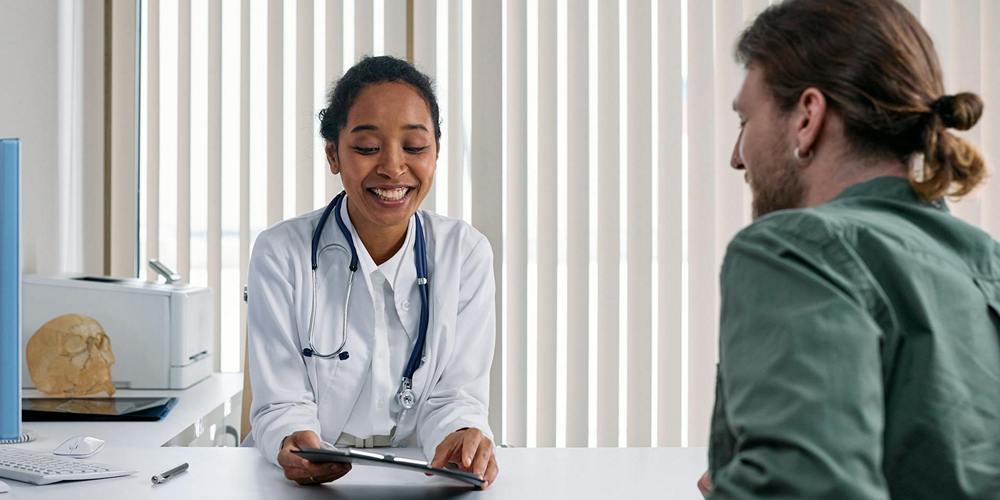
According to Mayo Clinic:
By considering factors such as skin type, acne severity, sensitivities, and professional guidance, patients can navigate the vast array of acne treatments available and develop a customized regimen that addresses their unique needs and preferences. Prioritizing consistency and patience in skincare routines is key to achieving long-term success in managing acne effectively.
Guide to Choosing the Right Acne Treatment
Navigating the vast array of acne treatment options can be overwhelming, but with the right guidance, selecting the most suitable approach becomes more manageable.The following guide to choosing an acne treatment can make your life a bit easier. Simply answer the following questions when you are choosing an acne treatment and you will see if this or that particular product is worth purchasing.
1. Is this acne treatment FDA-approved?
You should know some rules, according to which you will be able to find an acne treatment of natural or herbal origin. The FDA has issued new good manufacturing practices, according to which all supplements of herbal and natural origin should have the following properties:- They should be produced with high quality and they should correspond to all prescribed safety standards
- Do not contain any impurities and contaminants;
- They should have proper labels corresponding to the prescribed guidelines.
2. Is this acne treatment clinically approved?
We would like to attract your attention to the fact that nowadays there are a lot of facts and testimonials which you should take into consideration while choosing acne treatments. You had better choose multi-component acne treatment which does not contain any ingredients without recommendations.Just on the contrary, you should try the product which contains only ingredients that have been clinically backed. Keep in mind that such products can be used without any prescription.
3. Does this acne treatment meet all the standards?
Compliance of a drug or a certain item is its suitability to most people using it without triggering any substantial unfavorable complications. The most effective acne treatment is considered suitable for people of both genders and different ages.While searching for reviews, pay attention to acne treatments that have proved to be effective for young, middle aged and elderly males and females.
4. Is this acne treatment safe?
Perfect acne treatment must not have usual side effects that are generally caused by prescription medications. Make your own research work if you are going to start your treatment course with certain product. This skin care supplement should completely answer your requirements.It is very easy to do this: just look at one of several special acne treatment forums and check if some trusted international healthcare organization has approved the product. Equally, user tolerance and compliance is another significant subject to be regarded while looking for an acne treatment.
5. Is this acne treatment reasonably priced?
Remember, the best skin care product should take care not only about your skin but also about your pocket. It must be accessible and affordable. So, try to find the system that can give you better result for less money i.e. has the best balance of price and quality.By following this guide and considering factors such as consultation with a dermatologist, personal preferences and lifestyle, budget considerations, and the process of trial and error, individuals can navigate the complexities of choosing the right acne treatment with confidence and achieve clearer, healthier skin.
Natural Acne Treatment: A Holistic Approach
In recent years, there has been a growing interest in natural remedies for treating acne, emphasizing a holistic approach that addresses not only the symptoms but also the underlying causes of acne.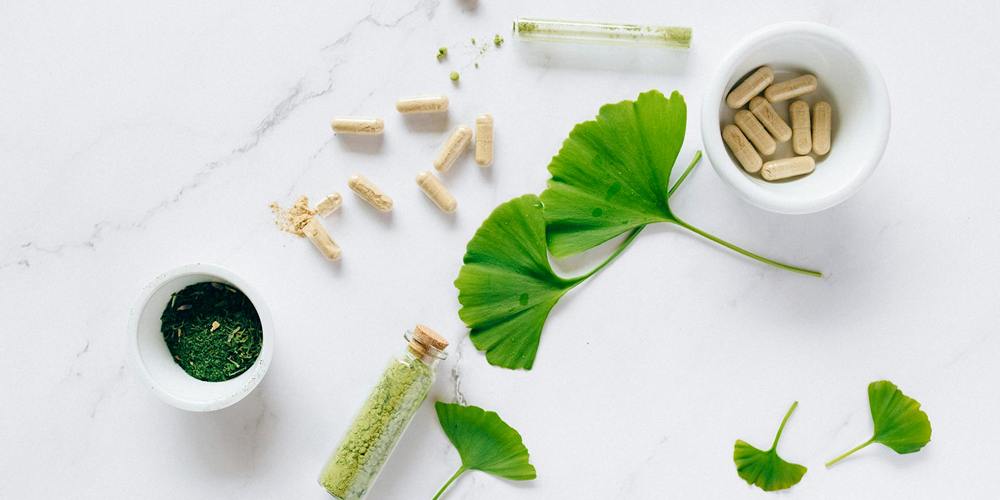
According to HealthLine:
Natural acne treatments harness the power of botanical extracts, vitamins, minerals, and lifestyle modifications to promote clear, healthy skin without the harsh side effects often associated with conventional treatments.
- Gentle and Nourishing: One of the primary advantages of natural acne treatment is its gentle and nourishing approach to skincare. Natural ingredients such as tea tree oil, witch hazel, aloe vera, and green tea extract possess antimicrobial, anti-inflammatory, and soothing properties that help combat acne-causing bacteria, reduce inflammation, and promote healing without causing excessive dryness or irritation to the skin. Additionally, natural acne treatments often contain vitamins and antioxidants that nourish the skin and support its natural defense mechanisms against acne.
- Fewer Side Effects: Unlike some conventional acne treatments that may cause dryness, redness, peeling, or increased sensitivity to the sun, natural acne treatments tend to have fewer side effects. This is because natural ingredients are generally well-tolerated by the skin and less likely to cause adverse reactions. Individuals with sensitive skin or those who have experienced irritation from conventional acne treatments may find relief and improved tolerance with natural alternatives.
- Sustainability and Environmental Impact: Many natural acne treatments are derived from renewable plant sources and produced using sustainable farming practices, making them environmentally friendly choices. By opting for natural skincare products, individuals can reduce their carbon footprint and support eco-conscious brands committed to minimizing environmental impact.
- Balancing Hormones: Hormonal imbalances, particularly fluctuations in androgens like testosterone, can contribute to acne flare-ups, especially in women. Natural acne treatment pills often contain ingredients such as Vitex agnus-castus (chasteberry) and DIM (diindolylmethane), which help regulate hormone levels and reduce hormonal acne breakouts. By restoring hormonal balance, these supplements can effectively manage acne associated with menstrual cycles, polycystic ovary syndrome (PCOS), or hormonal fluctuations.
- Reducing Inflammation: Inflammation plays a significant role in the development and exacerbation of acne lesions. Natural acne treatment pills are formulated with anti-inflammatory ingredients like turmeric, bromelain, and zinc, which help calm inflammation, soothe irritated skin, and promote healing. By reducing inflammation, these supplements not only alleviate existing acne symptoms but also prevent future breakouts from occurring.
- Supporting Skin Health: Natural acne treatment pills are enriched with vitamins, minerals, and antioxidants that support overall skin health and vitality. Ingredients like vitamin A, vitamin C, vitamin E, and zinc promote collagen production, enhance skin barrier function, and protect against environmental damage. By nourishing the skin from within, these supplements help maintain a clear complexion and prevent premature aging.
- Clinical Evidence: Several studies have demonstrated the efficacy of natural acne treatment pills in reducing acne severity and improving skin condition. Clinical trials have shown that supplements containing herbal extracts and vitamins can significantly reduce acne lesions, decrease oil production, and improve overall skin appearance without causing adverse side effects. Additionally, anecdotal evidence from satisfied users further validates the effectiveness of natural acne treatment pills in achieving clearer, healthier skin.
A Personalized Approach to Acne Treatment
In the journey towards clearer, healthier skin, the key lies in embracing a personalized approach to acne treatment that considers individual needs, preferences, and skin characteristics. From understanding the basics of acne to exploring various treatment options and incorporating natural remedies, the path to achieving a clear complexion is as diverse as the individuals seeking it. Here are the essential principles to keep in mind when choosing acne treatment.Understand Your Skin
Acne is a complex skin condition influenced by genetics, hormones, lifestyle factors, and skincare habits. Taking the time to understand your skin type, acne triggers, and unique concerns is the first step towards devising an effective treatment plan tailored to your individual needs.Explore Treatment Options
The world of acne treatment offers a myriad of options, ranging from conventional medications to natural remedies and lifestyle modifications. By exploring different treatment approaches and consulting with a dermatologist, individuals can identify the most suitable options based on their acne severity, skin sensitivities, and personal preferences.Choose Natural Solutions
Natural acne treatment offers a gentle and holistic approach to skincare, harnessing the power of botanical extracts, vitamins, and minerals to address acne from within. Incorporating natural remedies into your skincare routine can complement conventional treatments, reduce side effects, and promote long-term skin health.Consistency and Patience
Achieving clear, healthy skin is a journey that requires consistency, patience, and dedication. Whether following a skincare regimen, making dietary changes, or undergoing professional treatments, consistency is key to seeing results over time. It's essential to remain patient and persevere, knowing that progress may be gradual but ultimately rewarding.Choosing the right acne treatment is a highly individualized process that involves understanding your skin, exploring treatment options, embracing natural solutions, seeking professional guidance, and maintaining consistency and patience throughout the journey.
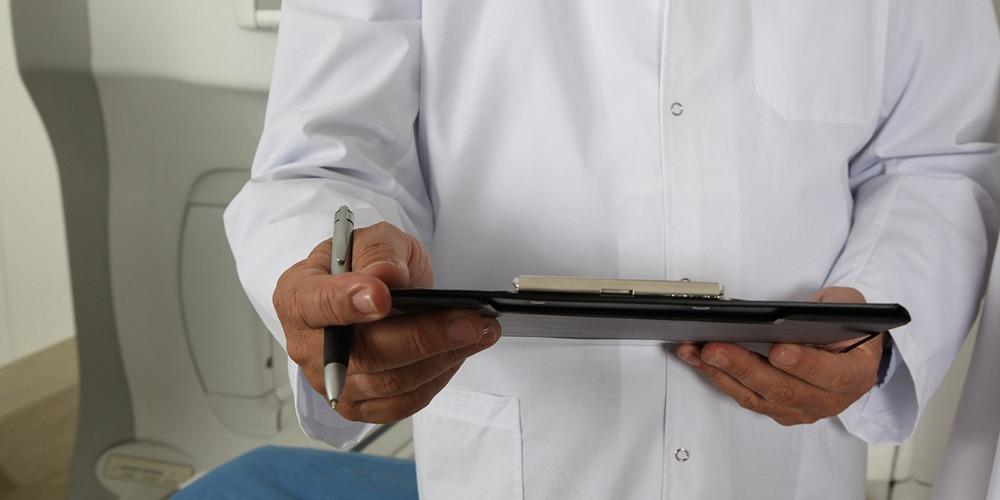
According to National Library of Medicine:
By adopting a personalized approach to acne treatment, patients can embark on the path towards clearer, healthier skin with confidence and determination.
Conclusion: Choosing Acne Treatment Product for You
There is a great variety of products on the market now, including herbal, natural and others, such as creams, nutrition supplements, oils and other types, but still there are very few, which are as effective as the advertisement states. Also remember that even those supplements which are most often bought and used by consumers can cause some undesired side effects.That is why it very important to read real user reviews on any product for acne treatment and choose the one, which is the most suitable and safest for you. It should be a natural one, which would help to solve the most common acne problems.
Featured Acne Treatment
Looking for natural ways to treat acne? Explore effective, gentle solutions that can help reduce breakouts and improve your skin's health. Discover safe, natural methods to clear your complexion and boost confidence.Learn How to Treat Acne Naturally
Related Articles
Female Adult Acne: Treat Adult Acne
Women may experience female adult acne during their whole life from puberty to their old years. Young women in their early twenties usually suffer from hormonal acne. However, those who are about 30 can develop female adult acne. Female adult acne pimples usually appear on face, especially chin and jaw. These problems may not disappear with age and can even get worse. If you want to achieve great results, see your dermatologist who will help you develop the best plan and offer the best acne products to treat adult acne.
Basic Skin Care Herbs
Some herbs may be very helpful in taking care of your skin. These basic skin care herbs may help cope with eczema, acne, skin rashes and some other skin problems. They can also restore skin smoothness and prevent certain skin diseases. Their proven effect will help you maintain clean and healthy skin, preventing growth of skin problems in the future. However, these ingredients are not something you would like to mix and prepare in your kitchen, trying to make a herbal skin care product at home.
Last Updated: 2025-11-14

